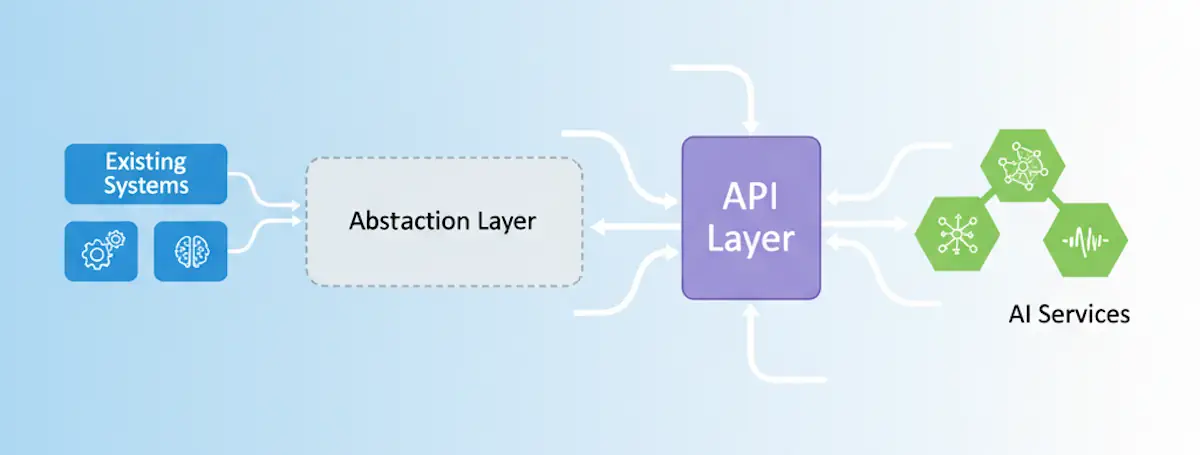Stop Using Excel for Everything
Recognizing when you've outgrown spreadsheets.

Excel is the duct tape of data management. Everything from solopeneurs to multi-billion dollar companies run on Excel. It works for everything… until it doesn’t.
Let me guess: you started with a simple spreadsheet. Maybe it was tracking customers, or budgets, or inventory. It worked great! So you added another tab. Then another. Before you knew it, you had a monster.
Now you’re here because something broke, didn’t it?
Maybe it was last Tuesday when you updated your cost projections, but your revenue model still showed old numbers because the link between files mysteriously broke. Or perhaps it was the moment you realized half your team couldn’t access the budget spreadsheet that feeds your main financial model, leaving everyone working with different assumptions.
Here’s the thing: it’s not your fault. You didn’t set out to create a digital house of cards. You just used the tool everyone knows.
But you’ve hit the wall where Excel stops being helpful and starts being dangerous. When your quarterly report depends on manually copying data between five different files, you’re not managing data—you’re performing data archaeology.
The good news? You’re not stuck. The solution isn’t necessarily abandoning your current tools—it’s recognizing when you need a different approach.
Sometimes the best thing you can do is stop, step back, and treat your data like the asset it actually is. Throwing more data at a broken system won’t fix it—it just creates more expensive problems. Instead, pause and reorganize. Clean up what you have. Establish clear ownership and processes.
Maybe that means consolidating related data into a single system. Perhaps it’s automating those monthly copy-paste rituals. Or it could be as simple as establishing clear data ownership and access protocols within your existing ecosystem.
You know you’ve outgrown Excel when you spend more time fixing it than using it.
The question isn’t whether you’ll eventually need a better data strategy—it’s whether you’ll address it before or after the next crisis.
What finally broke your Excel setup? Was it the links, the crashes, or something else entirely?








